Lucky Thirteen
Chosen by their peers in recognition of their research that significantly raises the bar of our understanding of science worldwide, an unprecedented 13 scientists from USC Dornsife have been elected fellows of the 2012 American Association for the Advancement of Science (AAAS).
AAAS is the world’s largest general scientific society and the publisher of the journal Science, which has a readership of 1 million. Founded in 1848, the non-profit organization is dedicated to advancing science around the world by serving as an educator, leader, spokesperson and professional association.
“I am delighted that so many of our faculty have been recognized by their peers and elected as AAAS fellows,” said Elizabeth Garrett, USC provost and senior vice president for academic affairs. “This honor affirms the rich diversity and strengths of the scientific research that our faculty engage in on a daily basis and their commitment to create scholarship of consequence.”
USC Dornsife Dean Steve Kay, an AAAS fellow himself, said the AAAS peer acknowledgement of so many USC Dornsife scientists indicates both the accomplishments and promise of faculty.
“The innovative research of our scientists coupled with their collaborations with scientists in various fields across campus put our team in an ideal position to solve the many complexities associated with major problems human beings face today,” Kay said. “Our new AAAS fellows can help make this great campus a preeminent destination for emerging themes in science and technology.”
Fellows are selected from among the society’s membership through nomination by a steering group within the association, or by three fellows who are currently AAAS members, or by the AAAS chief executive officer.
This year, 702 AAAS members globally will be made fellows. In all, 15 honorees came from USC — two from the USC Viterbi School of Engineering. Some of the USC Dornsife honorees hold joint appointments at USC Viterbi, the Keck School of Medicine of USC and the USC Davis School of Gerontology.
USC Dornsife winners include:
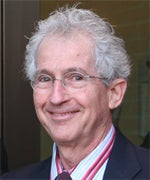
Norman Arnheim is a Distinguished Professor of Biological Sciences, Molecular Biology and Biochemistry, who has joint appointments in USC Dornsife and Keck School of Medicine of USC. He was selected for “distinguished contributions to molecular evolution and genome structure and to PCR [polymerase chain reaction] development, including single cell/molecule methods and their application to studying recombination and mutation,” according to the awards committee.
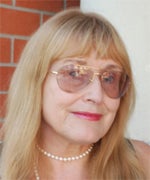
Susan Friedlander is a professor of mathematics and director of the USC Center for Applied Mathematical Sciences. She was selected for “distinguished contributions to applied mathematics and extraordinary service to the American Mathematical Society for more than 30 years as council member, officer and editor.”
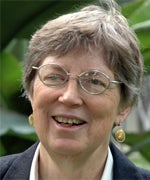
Margaret Gatz is a professor and chair of psychology, professor of gerontology and preventive medicine and director of the Education Core at the USC Alzheimer’s Disease Research Center. Gatz has joint appointments in USC Dornsife and USC Davis School of Gerontology. She was selected for “outstanding contributions to the study of mental health of older adults, particularly the analysis of Swedish twins to resolve gene-environment interactions in Alzheimer’s disease.”
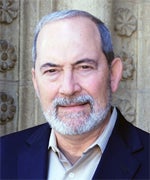
Thomas Jordan is a University Professor, W. M. Keck Foundation Chair in Geological Sciences and Professor of Earth Sciences, and director of the Southern California Earthquake Center, housed in USC Dornsife. He was selected for “important discoveries about the Earth’s interior and for distinguished leadership in the development of earthquake system science.”
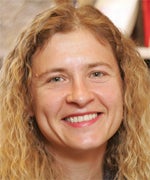
Anna Krylov is a professor of chemistry. She was selected for “distinguished contributions to research in developing robust electronic structure methods for open-shell and electronically excited species, and creative use of ab initio theory.”
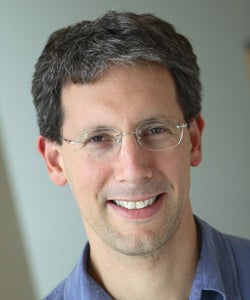
Daniel Lidar is a professor of electrical engineering and chemistry, who has joint appointments with USC Dornsife and USC Viterbi. He is the scientific director of the new USC Lockheed Martin Quantum Computing Center, co-founder of the USC Center for Quantum Information Science and Technology, and chair-elect of the American Physical Society Topical Group on Quantum Information. He was selected for “distinguished contributions to the areas of quantum information science and quantum control.”
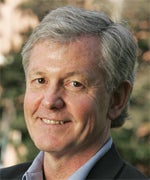
John McArdle is a professor of psychology and gerontology with joint appointments in USC Dornsife and USC Davis. He was selected “for distinguished contributions to quantitative psychology, particularly for multivariate models of lifetime cognitive growth and decline, and for leadership in psychology research organizations.”
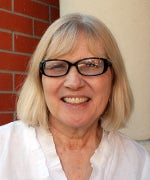
Susan Montgomery is a professor of mathematics. She was selected for “distinguished contributions in the field of algebra as well as her active involvement with the American Mathematical Society.”
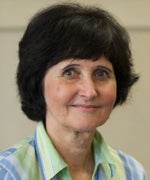
Hanna Reisler is Lloyd Armstrong, Jr. Chair for Science and Engineering and professor of chemistry. She was selected for “distinguished contributions to the field of reaction dynamics, particularly for state-specific experiments combined with theoretical insights of detailed dynamics of small molecules.”
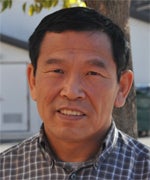
Fengzhu Sun is professor of molecular and computational biology. He was selected for “distinguished contributions to the field of computational biology and bioinformatics, particularly for the development of computational and statistical methods to solve biological problems.”
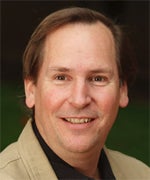
Mark Thompson, professor of chemistry, materials science and environmental studies, has joint appointments with USC Dornsife and USC Viterbi. He was selected for “distinguished contributions to the field of organic electronics, with a focus on organic LEDs and photovoltaics.”
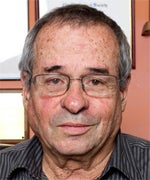
Arieh Warshel is Distinguished Professor of Chemistry and Biochemistry. He was selected for “distinguished contributions to quantitative modeling of the function of biological molecules and in particular for computational simulations of enzyme catalysis.”
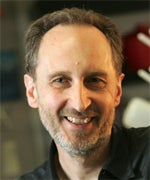
Alan Watts is professor of biological sciences, physiology and biophysics. He was selected for “distinguished contributions to our understanding of how neural networks in the brain contribute to the dysregulation seen in stress, diabetes, obesity, and eating disorders.”
Winners from USC Viterbi include:
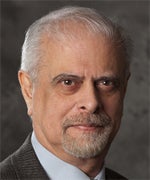
Azad Madni, professor of industrial and systems engineering at Viterbi. He was selected for “pioneering contributions to systems engineering and related research and education, particularly through modeling, simulation and gaming technologies.”
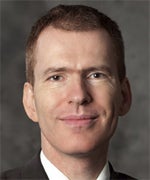
Andreas Molisch, professor of electrical engineering, director of the Communication Sciences Institute and head of the Wireless Devices and Systems Group at Viterbi. He was selected for “distinguished contributions to physical-layer wireless communications, particularly multi-antenna and ultrawideband communication systems and propagation channels.”
The new fellows will be presented with a certificate and a gold and blue (symbolizing science and engineering) rosette pin on February 16 at the annual AAAS meeting in Boston.